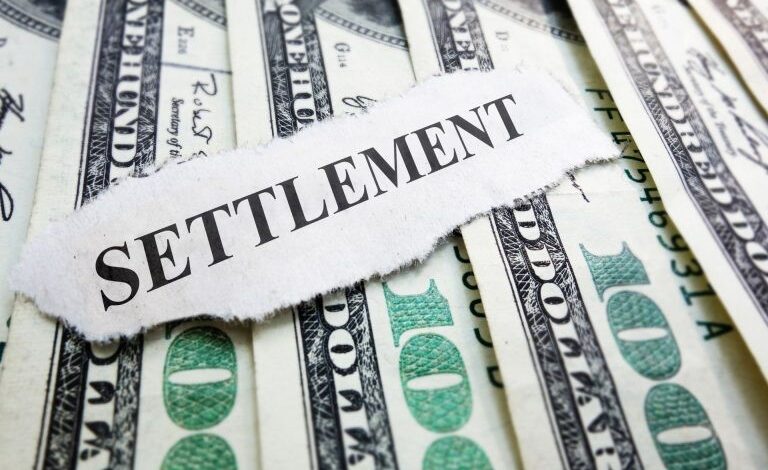Elements that May Negatively Impact a Personal Injury Settlement

If you’ve been injured due to someone else’s negligence, you may be entitled to compensation. This compensation often comes in the form of a personal injury settlement.
While a settlement can help cover medical expenses, lost wages, and pain and suffering, several factors can negatively affect the amount you receive. This article will explore some of the key elements that may negatively impact your personal injury settlement.
Also, if you’re dealing with a personal injury claim, it’s crucial to understand how these factors can influence your case. Local personal injury lawyers can provide valuable guidance and help you navigate the complexities of your claim.
Pre-existing Conditions
Pre-existing conditions can complicate a personal injury claim by making it harder to determine the extent of damages caused by the accident. If you had a pre-existing condition that was aggravated by the injury, the defense may argue that your current condition is primarily due to the pre-existing condition rather than the accident. This can significantly reduce the amount of compensation you receive.
Comparative/Contributory Negligence
Even if someone else’s negligence caused your injury, your own actions can impact your settlement. If you contributed to the accident in any way, even slightly, it can be used to reduce your compensation. This is known as comparative negligence.
For example, if you weren’t wearing a seatbelt during a car accident, the defense may argue that your injuries would have been less severe if you had been wearing it.
There’s also a statute called contributory negligence. Here, even the amount of involvement in the article will prevent the victim from seeking compensation.
Lack of Medical Documentation
Comprehensive medical documentation is crucial for a successful personal injury claim. Medical records, including doctor’s notes, treatment plans, and medical bills, provide concrete evidence of your injuries and the extent of your treatment. Insufficient documentation can undermine the credibility of your claim and make it difficult to prove the severity of your injuries and the related expenses.
Delayed Reporting
Delaying the reporting of an injury can raise questions about the severity of the claim. If you wait before seeking medical attention or reporting the accident, the defense may argue that your injuries are not as serious as you claim.
Delays can also hinder the investigation and collection of evidence, as witnesses’ memories may fade and physical evidence may be lost or compromised.
Lack of Clear Liability
One of the biggest hurdles in a personal injury case is establishing clear liability. If it’s unclear who was responsible for the accident, it significantly weakens your claim.
For example, if multiple parties could have contributed to the incident, proving who was primarily at fault becomes challenging. Insufficient evidence, such as a lack of eyewitness testimony, inadequate surveillance footage, or incomplete accident reports, can also make it difficult to prove liability.
Social Media Usage
Some victims may post pictures of themselves having fun on social media. What they don’t know is that insurance adjusters will be keeping an eye on the victim’s social media accounts for things like this.
Once they get hold of this, the insurance adjuster will claim that the victim was exaggerating their injuries and present the social media posts as evidence. This can lead to lower compensation and, in worst cases, a rejected claim.
Having an experienced lawyer by your side can provide invaluable guidance throughout the negotiation process. They can help you understand your legal options, advocate for your rights, and ensure you receive a fair settlement.

